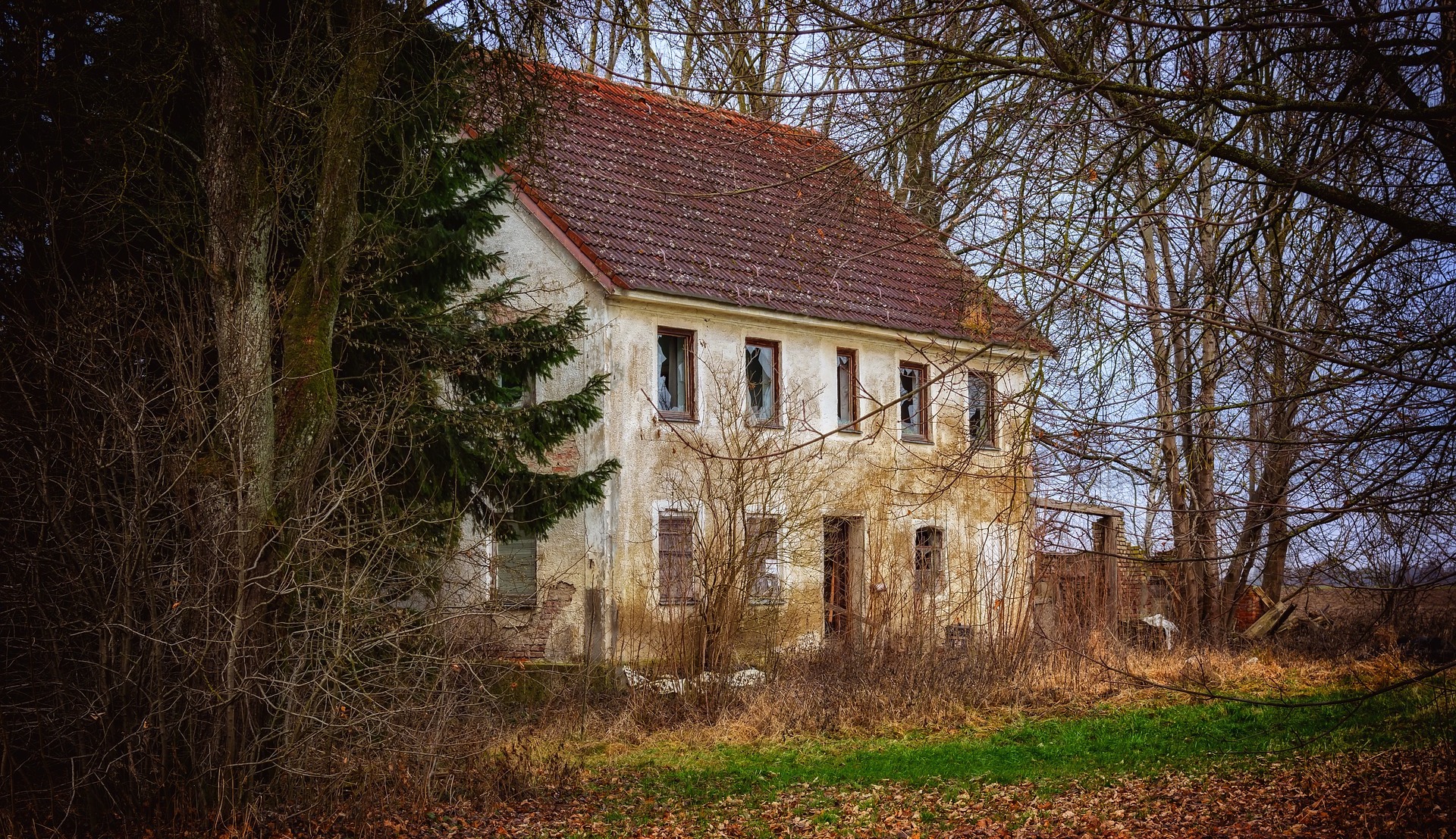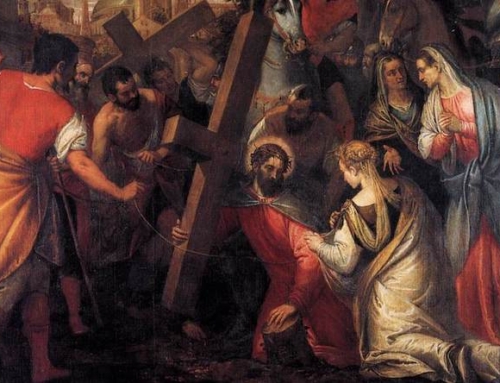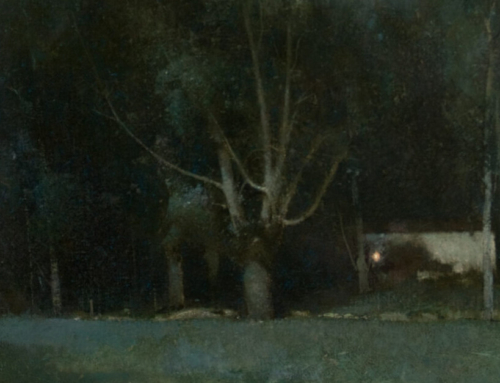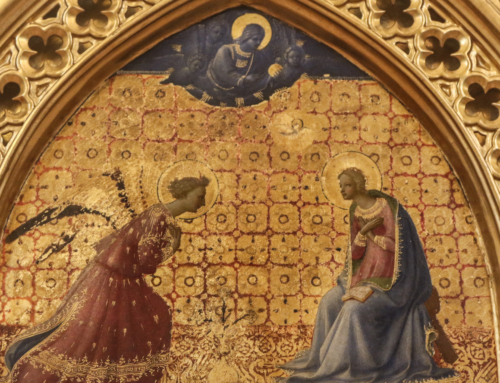2021 Rosary Series: The Joyful Mysteries
To commemorate the 450th anniversary of the Battle of Lepanto, we wish to take this opportunity once again to promote this powerful devotion. This month, each Friday post will be dedicated to one of the Rosary’s four sets of mysteries, which we hope will bear fruit for those who practice this beautiful devotion.
The Joyful Mysteries of the Rosary, I am convinced, instruct us about what it means to be at home. To see this, we have to meditate on the five mysteries with bifocals. On one level, the homes in the stories from Christ’s childhood were physical structures with roofs and walls that have all since been reduced to dust. But on another level, what happens to these homes makes visible what happens to the heart of every Christian as God remakes us into his dwelling place (John 14:23).
Consider Mary, seated at home in Nazareth. A peaceful scene, yes, but not immune to interruption. Gabriel pays no attention to domestic boundaries. He does not knock on the door. And with the news he brings, Mary’s home will never be the same. Just as the walls of her house don’t hinder the angelic message, so too the doors of Mary’s heart don’t resist the Word. Mary does not isolate her home or her heart from divine influence. Quite the opposite.
The Word arrives in Mary’s heart, and she immediately leaves her home. Like Gabriel, she enters the house of her cousin and speaks her greeting into the silent rooms, and her voice echoes from wall to wall until it reaches the ears and heart of Elizabeth. And when the Word of God arrives in a heart, what becomes of the home? God’s presence in the heart does not secure a happy home—Elizabeth’s child will soon leave for the desert and she will, in a sense, be childless again.
So we begin with two scenes of interrupted domesticity. Next comes not a home, but a stable. And yet is there any scene more domestic than the Nativity? In the presence of this child, even the roughest of shelters loses its coarseness. As he lies in the manger, he makes a home in the hearts of those adoring him. He keeps the shadows of the stable at bay, and all gather around him as if around a hearth. Mary and Joseph had never been more at home than on that night.
Soon enough, however, the shadows that the child banished to the corners of the stable creep close. Mary and Joseph come to a house unlike any human home—the Temple—and there they consecrate their child to God. Mary, who knows the sorrows of being away from her physical home, hears that an even greater trial awaits her. Sorrow will breach the walls of that interior home of the Word—her heart—and she will know what it is to lose the one she loves.
The first taste of loss comes twelve years later. In the very place where they consecrated their child, God reveals to Mary and Joseph the meaning of this consecration. God has bigger plans than domestic bliss. For three days their child’s disappearance threatens the peace of the home of Mary and Joseph. But in that time of sorrow, the Lord opens the doors of the house of the Father to the heart of an anxious mother. That heart, like the body of her son, must face its ruin before its resurrection: “Destroy this temple and in three days I will raise it up” (John 2:19).
What, then, is the connection between the physical home and spiritual dwelling place? It is a bit disconcerting. A person led by the Holy Spirit has no place to lay his head. When God enters our hearts, our homes will never be quite the same. When he enters our hearts, we catch a glimpse of the future in which our homes will be rubble, and we turn to consider the state of our beating, bleeding sanctuary where the ineffable God abides. We see that our hearts have to be gutted before they can properly be lived in, and only when we see the new floors and bright windows do we realize the squalor we used to settle for and the grandeur to which we are called.
We are all in the midst of this remodeling; there is still work to be done. But in the Joyful Mysteries, we see the blueprint of God’s work. We see that even the best earthly homes are places of temporary rest. And as we mull over the mysteries we cannot help but cry out: “I rejoiced when they said to me, ‘Let us go to the house of the LORD’” (Ps 122:1). Let us go, no matter the cost. Let us go rejoicing to the house of the Lord.
✠
Photo by Peter H. from Pixabay







